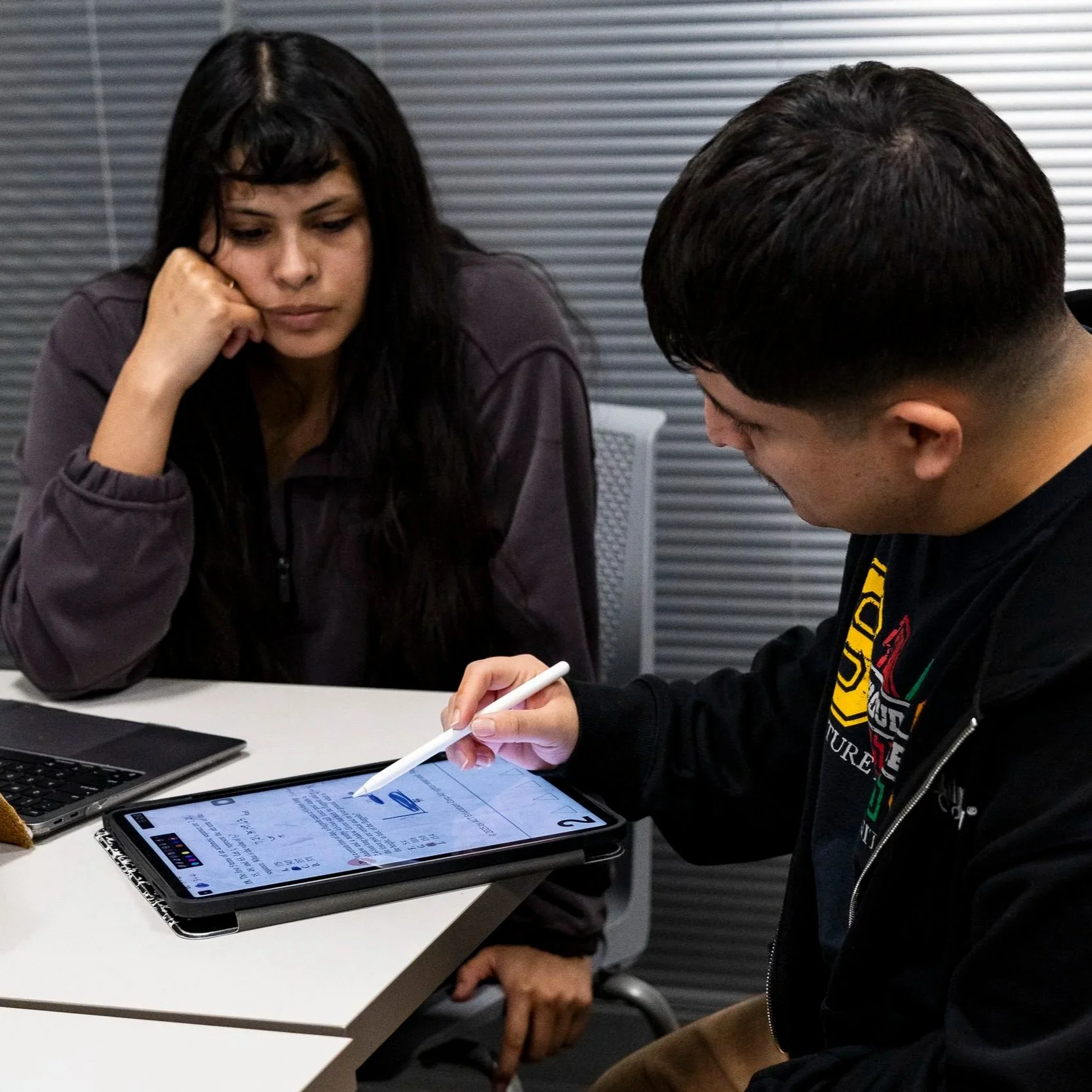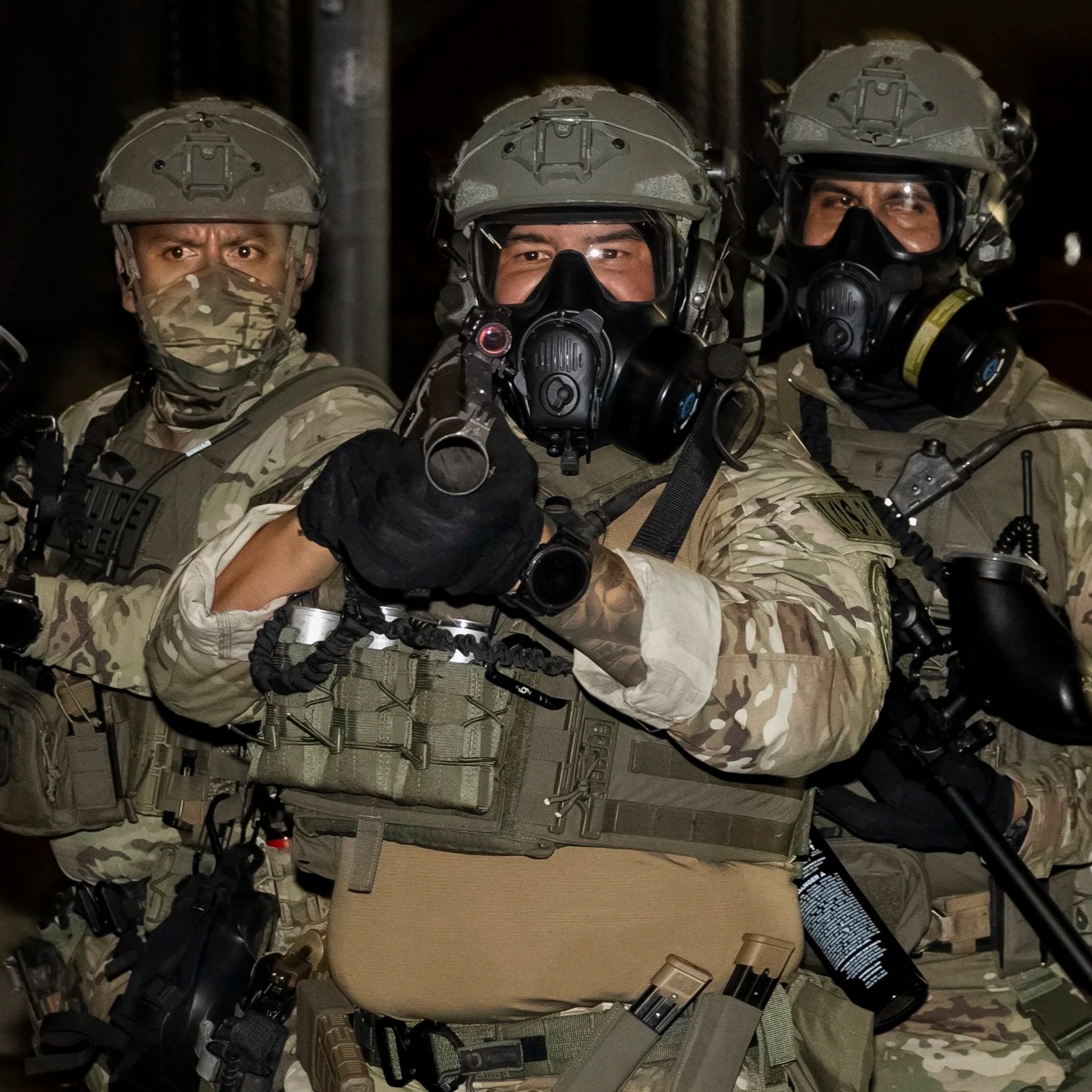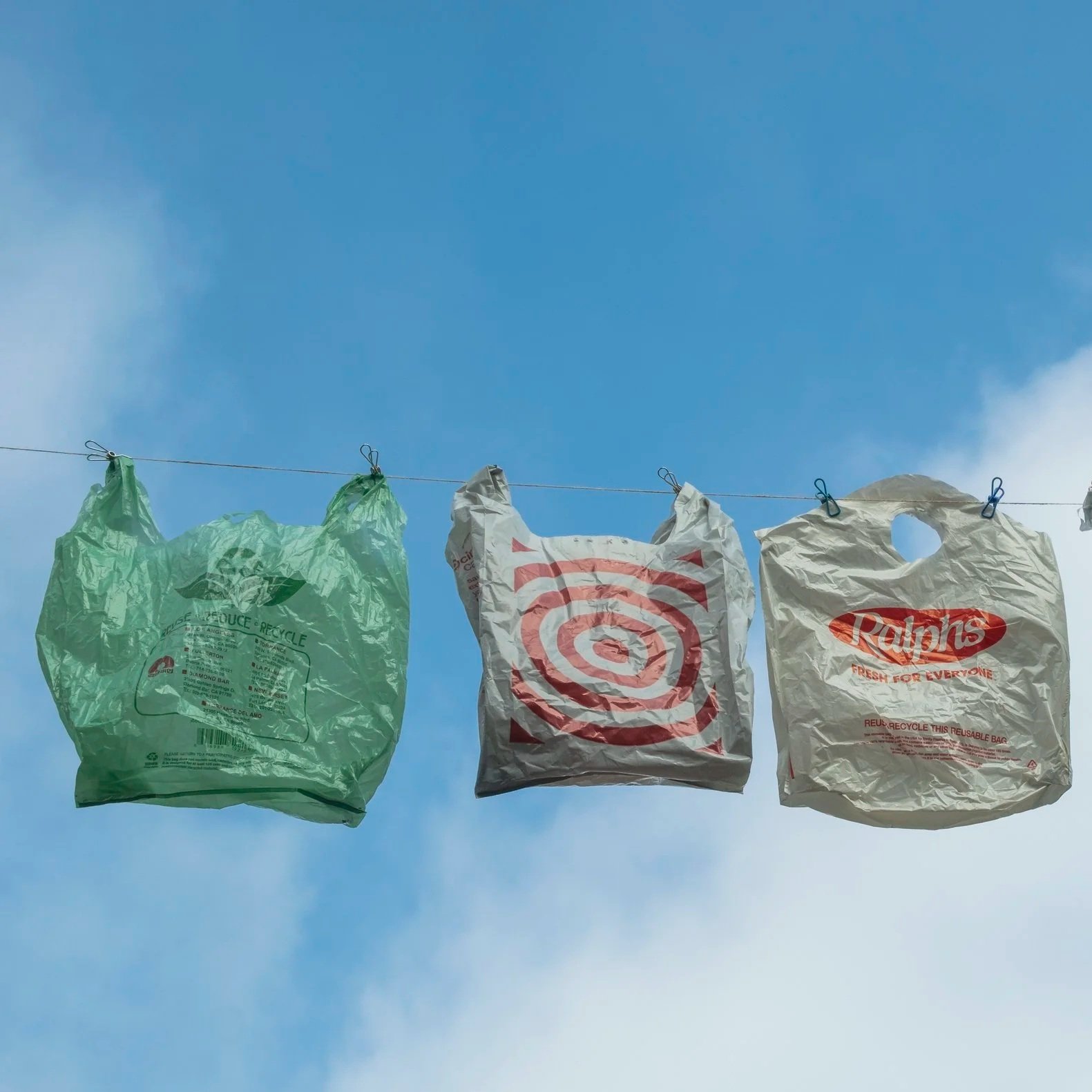USC March Against Sexual Violence
Nour Myra Jeha, a student at USC leads a chant. Students marched to demand action against perpetrators and enablers of sexual violence at University of Southern California in Los Angeles, California on Monday, October 10, 2021. Members of Sigma Nu fraternity, including the Chapter President, are accused of drugging and raping women at their house on frat row.(Maxim Elramsisy | The Corsair)
On Oct. 20, the University of Southern California’s (USC) Department of Public Safety (DPS) sent the campus’s population a crime alert sharing the latest reports of alleged sexual assault and drugging at the university’s Sigma Nu fraternity house. These reports indicate a total of six incidents within the past month alone. As of Friday, USC has suspended Sigma Nu and all Greek life activities until further notice.
Along with this alert, DPS suggested a few “safety tips” for attending social gatherings. These included travelling in numbers, purchasing and keeping drinks in sight at all times, and walking in populated, “well-lit” paths. The outrage that arose from the news led to multiple organized protests over the weekend, the biggest one held on Monday, Oct. 25. Students took to 28th street, commonly known as “Frat Row”, to express their discontent with the incidents through chants, signs, and open discussions.
As a megaphone was made available to all participants in front of the fenced off Sigma Nu house, students shared their thoughts and feelings with the crowd, as well as showed their support for all victims of sexual assault. Sonni Wang, a USC student who is also part of Greek life herself, shared her reason for attending the march. “It’s been a really hard week for everyone on campus, it is nice to see some positive support,” she said.
Some of the students attending, however, were not directly affiliated with Greek life, but rather supporters of complete abolishment of the concept. Most were passionately chanting against Greek life institutions, stating that the system encourages the society’s patriarchal quotas by enforcing classism, sexism, racism, and xenophobia.
USC Flow, an intersectional feminist group on campus collaborated alongside organizations such as Women and Youth Supporting Each other (WYSE), Callisto, and Student Assembly for Gender Empowerment (SAGE) to organize Monday’s march. One of the leaders of USC Flow, Phuong Nguyen, elaborated on the measures that the organization has taken in the light of the reports. “We work with Callisto so we have already been going to frats this semester to educate them about the resources and how to handle cases of sexual assault,” said Phuong.
Out of all houses that Flow contacted, only two were responsive and open to the training. Greek life members at USC currently undergo sexual harassment training every two years. This means, there is a possibility that some students may go through their entire college career without ever being educated on sexual assault matters.
Phuong’s call-to-action asks the administration to step in and take charge, “I want Carol Folt, as a woman in such a high position in this institution, to say something and it should not be through a simple email”.
Survivors used this platform to share their stories with the public, asking their abusers to be held accountable. There is still an ongoing investigation concerning these allegations and the role of the university’s administration in handling such incidents effectively.
Santa Monica College (SMC) has partnered up with UCLA Health’s Rape Treatment Center to provide free medical and counseling services for sexual assault survivors. Victims may also call Victim Connect at 855-484-2846 for support and resources.











